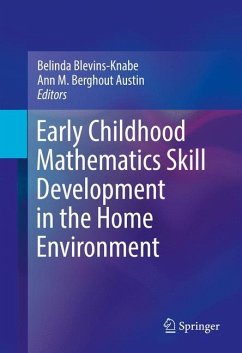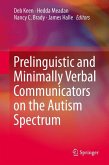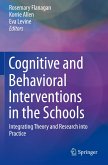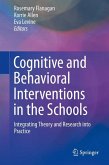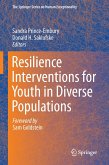This volume presents current research on the connections between the home and family environment on children's mathematics development. Focusing on infancy through first grade, it details the role of parents and other caregivers in promoting numeracy and the ways their active participation can prepare young children for learning about formal mathematics. Research data answer key questions regarding the development of numeracy alongside cognitive and linguistic skills, early acquisition of specific math skills, and numeracy of children with atypical language skills. The book also provides practical recommendations for parents and other caregivers as well as implications for future research studies and curriculum design.
Included in the coverage:
Early Childhood Mathematics Skill Development in the Home Environment is an essential resource for researchers, graduate students, and professionals in infancy and early childhood development, child and school psychology, early childhood education, social work, mathematics education, and educational psychology.
Included in the coverage:
- Ways to optimize home numeracy environments.
- Individual differences in numerical abilities.
- Cross-cultural comparisons and ways to scaffold young children's mathematical skills.
- Mathematics and language in the home environment.
- Center-based and family-based child care.
- Games and home numeracy practice.
Early Childhood Mathematics Skill Development in the Home Environment is an essential resource for researchers, graduate students, and professionals in infancy and early childhood development, child and school psychology, early childhood education, social work, mathematics education, and educational psychology.

